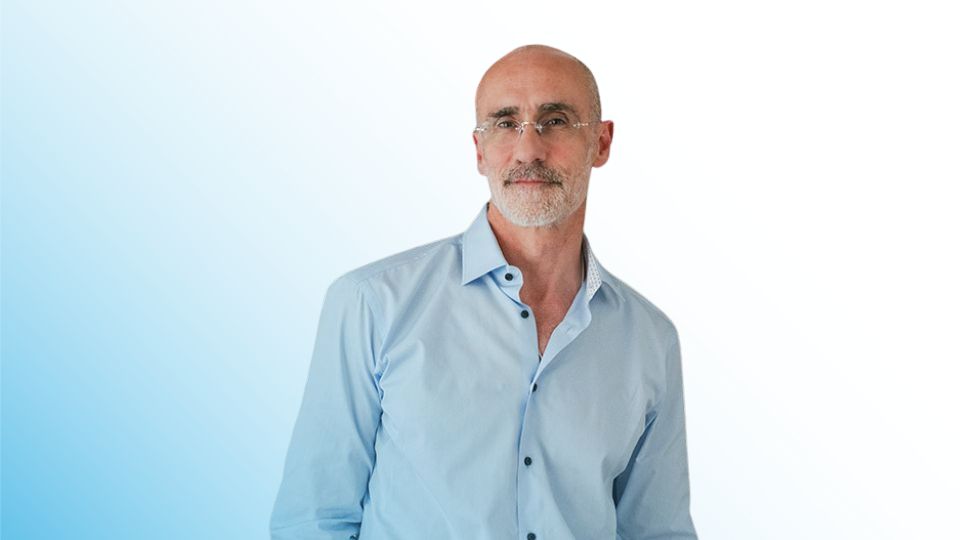Ask most people what they want from their work, and the answer usually comes down to two things: success and happiness. In real estate, that often means closing deals, earning recognition, and building a strong reputation.
Many agents assume success must come first, and that happiness will follow. But Arthur C. Brooks, in his book The Happiness Files, argues this sequence is flawed.
Prioritising happiness doesn’t detract from success … it enables it.
Arthur is the Parker Gilbert Montgomery Professor of the Practice of Public and Nonprofit Leadership at the Harvard Kennedy School, and also a Professor of Management Practice at Harvard Business School, where he teaches courses on leadership and happiness.
He also writes a weekly column for The Atlantic called “How to Build a Life” and is the author of 15 books, including Build the Life You Want: The Art and Science of Getting Happier (co-authored with Oprah Winfrey).
The Happiness Files brings together many of his essays, grouped around themes such as managing yourself, balancing work and life, and redefining success.
Kill More Meetings
Unproductive meetings are a universal frustration.
For real estate professionals, they eat into the hours that could be better spent prospecting, nurturing leads, or closing deals.
Arthur points out that cancelling redundant meetings, restricting attendance, and keeping them short can do wonders for energy and focus.
Leaders can go further: creating meeting-free days allows teams to get into flow states, respond more effectively to clients, and cut down stress.
“If possible, bosses should create a policy of guaranteeing whole days without meetings,” he writes in The Happiness Files.
And when meetings are necessary, make them sharp and to the point.
Some leaders have used 10-minute “micro-meetings” with success.
The principle is simple: the less time you spend in the boardroom, the more time you can spend winning business.
Focus on Progress, Not Just Big Goals
Agents are naturally goal-driven: striving for a GCI target, suburb dominance, or a set number of listings.
Arthur argues that it’s not the big wins that sustain happiness, but the smaller, regular achievements.
That could be one strong prospecting call, a client thank-you note, or an open home that attracts a record turnout.
Each small win compounds, feeding momentum and lifting morale.
It’s like the pie-eating contest analogy he uses: “if the prize for winning is more pie, you need to enjoy each slice.”
In real estate terms, that means finding satisfaction in the rhythm of your daily work, not just in hitting the big milestones.
“Instead of single-mindedly chasing a goal, focus more on whether you’re getting anything out of your progress right now,” he writes.
Leadership: Pros, Cons, and Preparation
Leadership can look like the ultimate prize, from running your own office, building a team, or stepping into a director role.
But Arthur warns it isn’t automatically the happiest path.
Many new leaders face a dip in happiness during their first couple of years in the role as the responsibility, pressure, and emotional load increase.
That doesn’t mean leadership isn’t worth pursuing, it just means agents should step up prepared.
Emotional resilience, strong boundaries, and the willingness to seek support are critical.
If you thrive under pressure and want to shape culture and strategy, leadership can be deeply fulfilling.
But if you find stress or loneliness hard to manage, the role could magnify those challenges.
The formula for lasting success in real estate isn’t “success first, happiness later.”
It’s the other way around.
By prioritising happiness, whether through cutting wasted time, celebrating daily wins, or honestly assessing if leadership is right for you, you create the conditions for sustainable success.
As Arthur puts it, happiness is not the by-product of success, it is the engine.
For agents, that means energy, optimism, and resilience will not only improve your own well-being but also translate directly into better client experiences and stronger business performance.

